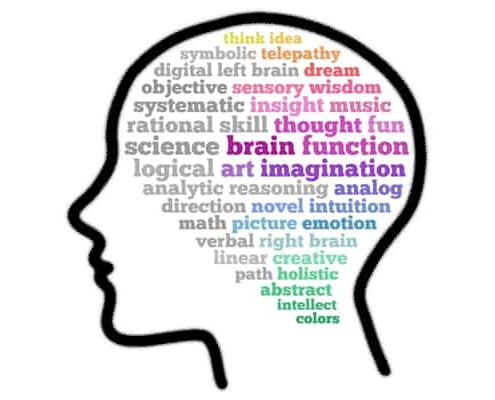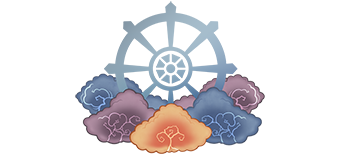By Isa Gucciardi, Ph.D. and Laura Chandler
As we approach the time of year where we traditionally return to formal education, it is important to consider the role that education plays in our lives. Education is defined in many different ways, and might generally be understood as a process where information regarding the nature of reality is transmitted from one person to another in a group setting.
This idea of reality could be described as a kind of consensus, based on empirical information that has been accumulated and synthesized into a modality that can be passed on through educational systems. The skillset that we develop in order to participate in this process of education requires that each individual must, to some degree, attune to the demands of the group, the desires of the instructor, and work towards the development of a rational intellect that can reproduce what is taught in a socially acceptable way. These are important skills, and necessary for members of any society.
There is, however, another important aspect of learning that is almost completely overlooked in traditional educational environments. 

